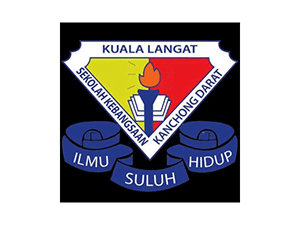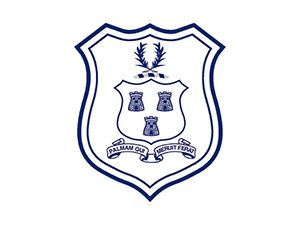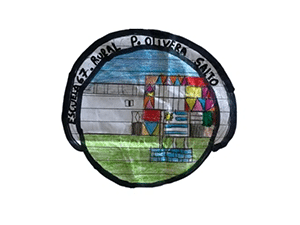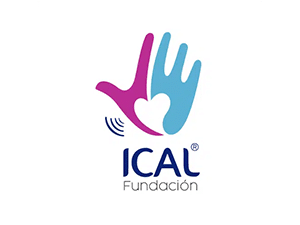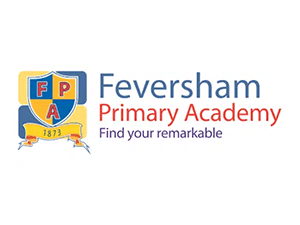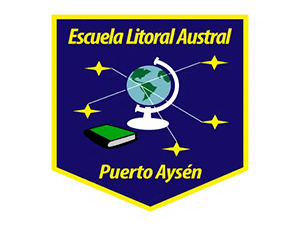- Home
- World’s Best School Prizes
- Finalists and Winners
The Five Prizes
Driving education forward
The World’s Best School Prizes celebrate schools that are driving positive change in five key areas. Guided by the United Nations' Sustainable Development Goals (SGDs), the five prizes are our contribution to helping school's strengthen their institution and culture, and contribute to wider societal progress on a global level.
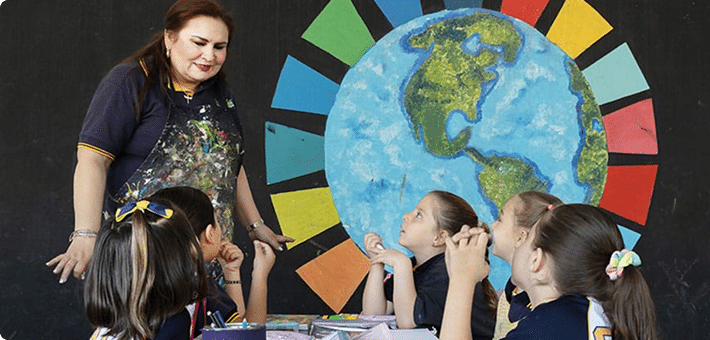
Community Collaboration:
Building strong partnerships to create inclusive, vibrant learning communities.
Environmental Action:
Leading education and initiatives to combat the climate crisis.
Innovation:
Transforming learning through bold ideas, technology, and new approaches.
Overcoming Adversity:
Showing resilience and determination to overcome significant challenges.
Supporting Healthy Lives:
Prioritising student and community health and wellbeing.
Community Choice Award:
Global show of support from people who believe in your story.
EXPLORE OUR
Winners and Finalists
Learn more about the winning and finalist schools shaping the future of education.
Mumbai Public School L.K. Waghji International (IGCSE)
Shindewadi Mumbai Public School (The Akanshka Foundation)
STAY CONNECTED WITH THE
T4 Community
Want to be the first to hear about our prizes and how to apply? Join the T4 Community and you’ll get all the info you need alongside a wealth of resources and professional development opportunities.
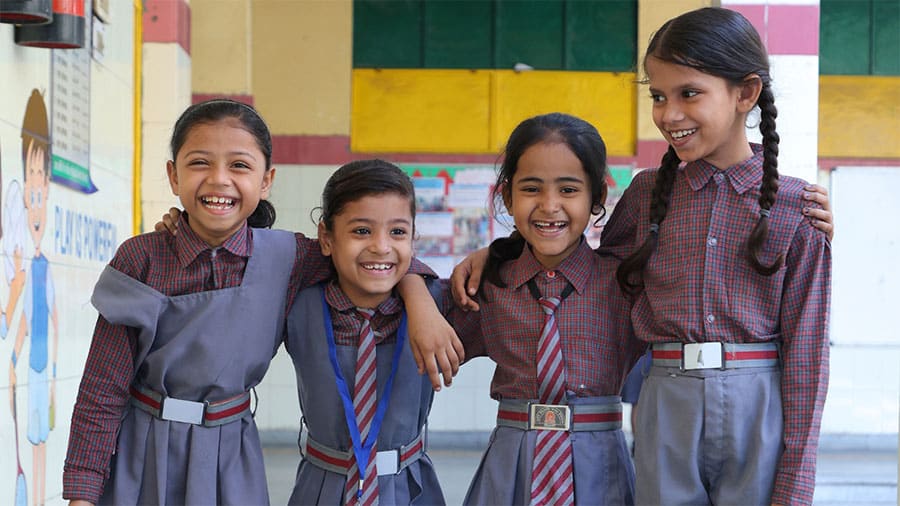
T4 Education
Empowering teachers and schools
Join our community
Join 200,000+ educators and leaders getting peer-to-peer Masterclasses, thought-provoking insights and articles, our monthly newsletter, and more.
Contact the prizes team
Popular topics
Empowering teachers and schools
Copyright © 2025 T4 Education. All rights reserved. Privacy Policy.


